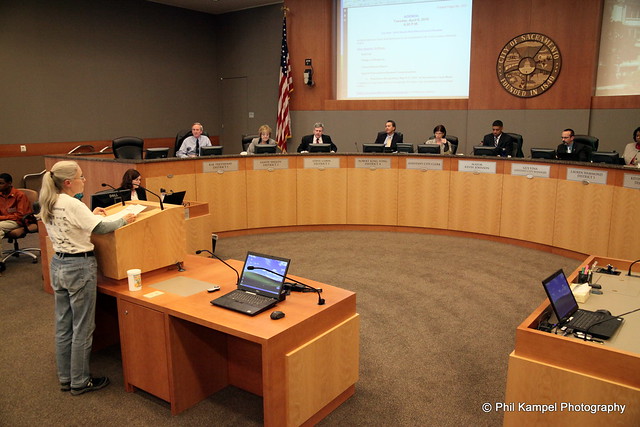 |
| Sacramento Leaders Don't Understand Simple Math |
Sacramento is the capitol of the most productive state in the United States. Within the last 10 years, California was the 6th largest economy in the world, surpassing developed countries of global significance such as Italy and Russia. One would think that the capitol city of that powerhouse should be strong and vibrant, a beacon of hope and prosperity.
However, Sacramento's leadership over that time has done an abysmal job of investing in city infrastructure, building safe communities, and promoting an inviting environment for job creation. What's worse, city leaders continue to ignore the voice of the people and pursue a losing strategy. Not only should Sacramento voters get more engaged in City planning, the City Council and Mayor should consider it their duty to reach out to the public ... not ignore them.
Other effective City Council Members are doing just that - asking residents what they need. In the City of Long Beach, Rex Richardson has taken a portion of the city budget, dedicated it to infrastructure investment, and held community meetings to set priorities for these expenditures. There are countless other strategies that can help local governments encourage citizen participation. The Municipal Research and Services Center (MRSC) researches, compiles, and provides for free packages of strategies and materials for use by local governments.
MRSC notes, "formal city hall and courthouse settings can be intimidating, and hearings can sometimes be dominated by those who are more comfortable with public speaking. Such hearings may not be the best way to encourage comment from a wide cross-section of community residents and may not fit into citizens' busy schedules. The format of hearings often leaves little, if any, room for reasonable discussion, give or take, or response to prior testimony. Instead, it is important to conduct a thoughtful public process in advance of the public hearing."
 |
| Would You Feel Intimidated? |
A myriad of other sources of information are also available to City Leaders, if they could just get past their own egotistical self indulgence. For instance, a survey of more than 13,000 small business owners was conducted, asking what policies make a city business friendly. Sacramento was ranked #82 on the list of lowest rated cities in the country. A thoughtful City Leader should consider its business environment, particularly when Sacramento faces higher unemployment than cities both to the East and West - higher than the state average, even. One vital finding of the survey was that the effects of poor licensing regimes (at all levels of government) were twice as important as taxation, and that easily understood tax regimes were at least as important as low taxes.
If City Leaders listened more to what residents need, and small business owners want, maybe the 2035 General Plan Update would have been more on point. There's still time to change direction.





































